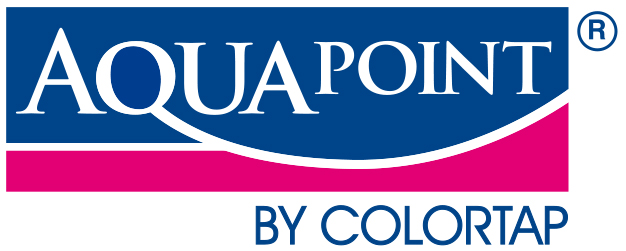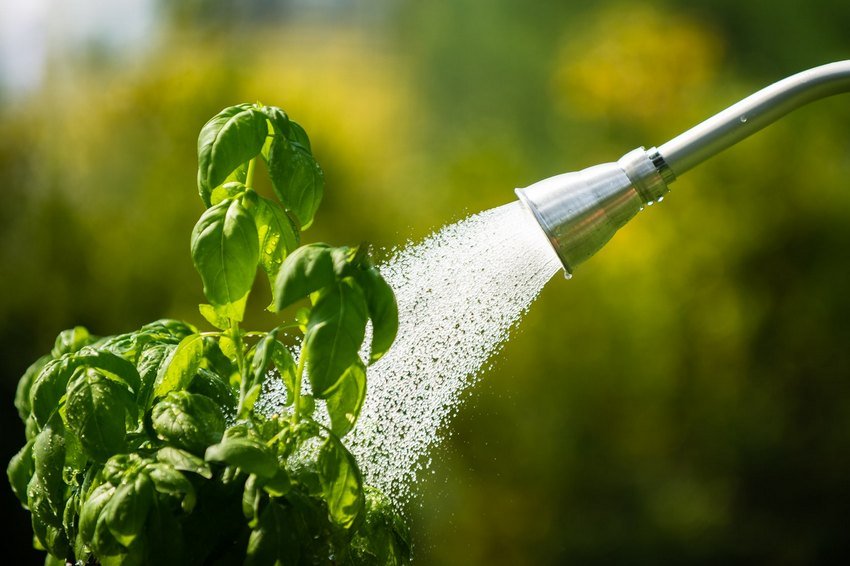How to manage the irrigation of a nursery
The irrigation of a nursery is a rather delicate and important operation to keep the plants and flowers present in the structure, which are almost always destined for public display and sale, in excellent health; for this reason the irrigation of a nursery must be managed with great care and with constant attention to the needs of the plants, and must be carried out almost daily by the professionals of the structure, especially in the spring and summer period, when the heat facilitates the rapid evaporation of water.
For the correct irrigation of a nursery, several factors must generally be considered, including the type and variety of plants in the facility, the type of soil, the amount of sun that plants and flowers receive, and the season of the year in which one is located.
However, there are some general guidelines that can be very helpful in managing the irrigation of a nursery effectively. Here are the main ones:
1. Know the needs of the various plants: for example, the different varieties of vegetation and flowers in the nursery need different amounts of water; some species prefer moist soil, others drier soils. Furthermore, plants have different needs depending on the season of the year and the stage of their growth. It is therefore essential to be fully aware of the specific needs of the plants in the nursery.
2. Use measuring instruments: to find out whether plants need water, you can use instruments such as a tensiometer, which measures the percentage of moisture in the soil.
3. Plan watering: It is advisable to plan the time of watering and adjust watering according to the specific needs of the plants and in relation to factors such as seasonality and outdoor temperatures.
4. Constant monitoring: It is important to constantly monitor the health of the plants and the moisture level of the soil in order to adjust watering according to their specific needs.
5. Use efficient and high-quality irrigation systems: there are different irrigation technologies (such as hand watering), which can be used according to the needs of the plants and the characteristics of the nursery. It is crucial to choose efficient and high-quality irrigation systems to keep the nursery vegetation healthy and to reduce water wastage.
In general, therefore, irrigation management in a nursery requires constant attention to the needs of the plants and judicious use of available water.
The best systems for watering a nursery
As already mentioned, nursery irrigation can take place in different ways, the most recommended of which is certainly manual irrigation.
In fact, manual irrigation is the ideal choice, especially for small and medium-sized nurseries, because it allows you to provide flowers and plants with the water they need while ensuring a series of advantages over automated systems, from water saving – extremely valuable, especially in times of drought – to the possibility of adjusting the amount of water according to the needs of individual plants. But that’s not all: manual irrigation also avoids a common problem in many nurseries using an automated system, namely water stagnation. In fact, in addition to being, particularly in summer, a fertile breeding ground for unwanted insects (such as mosquitoes), excess water can cause rot at the base of the plants, compromising their health and beauty. Manual irrigation is also very suitable if flowers and delicate plants are present in the nursery, as it allows optimal management of the power and strength of the spray.
For nursery professionals, one of the best manual irrigation systems is the Soft Rain range proposed by Colortap: in the following paragraphs we will discover all the features of this innovative solution.
Manual nursery irrigation: how to make it easier and more effective
As already mentioned, for the irrigation of a nursery that is not too large, it is advisable to resort to manual irrigation, although – it must be said – the time and energy required is greater than using an automated system. On the other hand, however, manual irrigation really allows to take care of each plant in the nursery by constantly monitoring its health. Moreover, as we have seen, manual irrigation avoids wastage and water stagnation.
Even for manual nursery irrigation, however, the right products are needed. Such as those from Colortap’s Soft Rain range, which includes solutions that are mainly dedicated to professional irrigation, such as nurseries and greenhouses, but can also be used effectively in gardens and vegetable gardens, thanks to their extreme ease of use. In addition, all products in the range are made of aluminium – which guarantees their long life – and are particularly suitable for watering flowers and delicate plants, thanks to their soft and gentle spray.
The Soft Rain range includes telescopic lances of different lengths made of aluminium and with a metal handle, as well as convenient aluminium extensions, also in different sizes.
Lances and extensions can also be fitted with aluminium shower heads, which come in numerous models to suit every need. The variety of products available concerns both the type of shower heads – which can be flat or round – the material of the disc (steel or aluminium), the threads (1” or ¾”), the width of the hole diameter (which ranges from 0.75 mm, to 0.90 mm, up to 1.33 mm) and the number of holes present (which can be 100, 181, 369, 469, 631, or even 919).
Colortap also offers the ‘Soft Watering’ Showerhead with extension, valve and coupling, as well as the Showerhead with lever valve handle and quick coupling, both perfect for gentle watering.
In a manual watering system such as the Soft Rain range, the shower heads mounted on lances or extensions are then connected – by means of couplings and adapters – to hoses and these, in turn, are connected to garden taps, again by means of couplings and adapters. In this regard, Colortap also supplies a wide range of fittings and adapters for all requirements.
Hence, the need to also choose the right taps, which guarantee excellent durability and avoid any waste. Also included in Colortap’s offer are first-class garden taps, which are available in numerous models and design options to blend in with any environment. The taps are all made of sturdy metal, suitable for contact with drinking water and guaranteed to withstand a working pressure of up to 10 bar.


